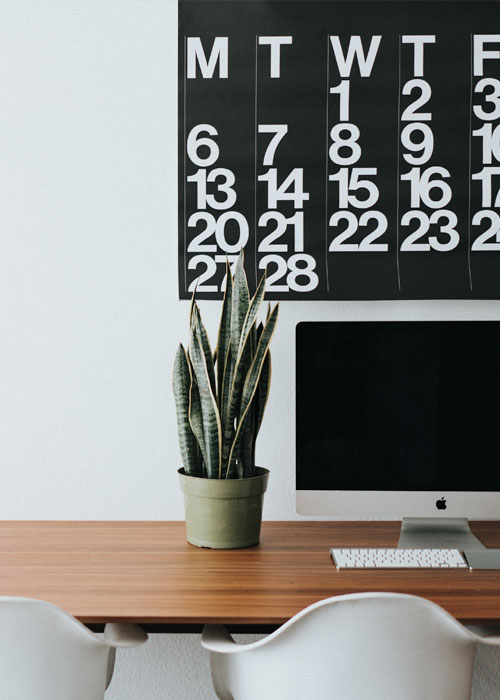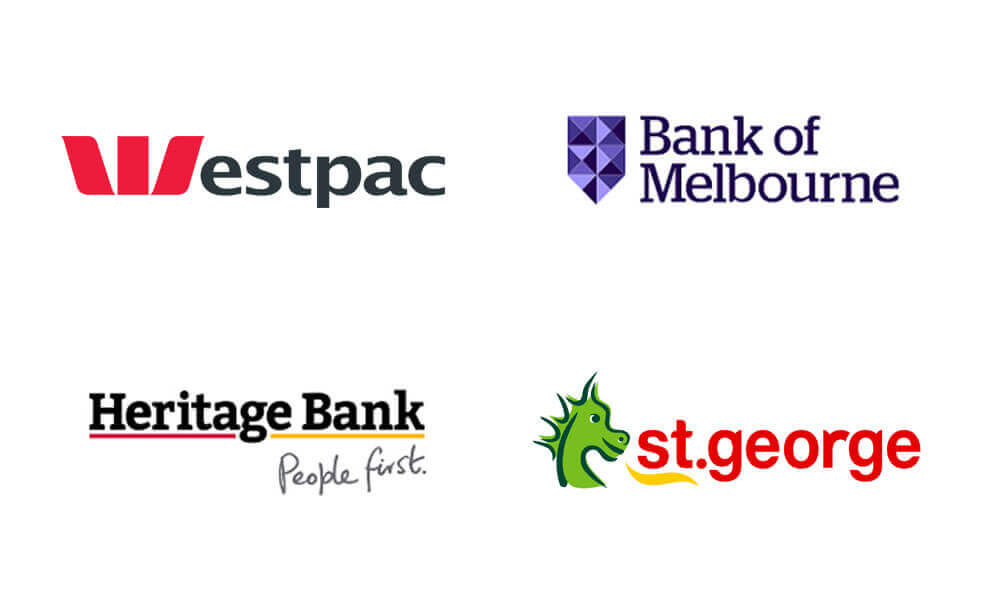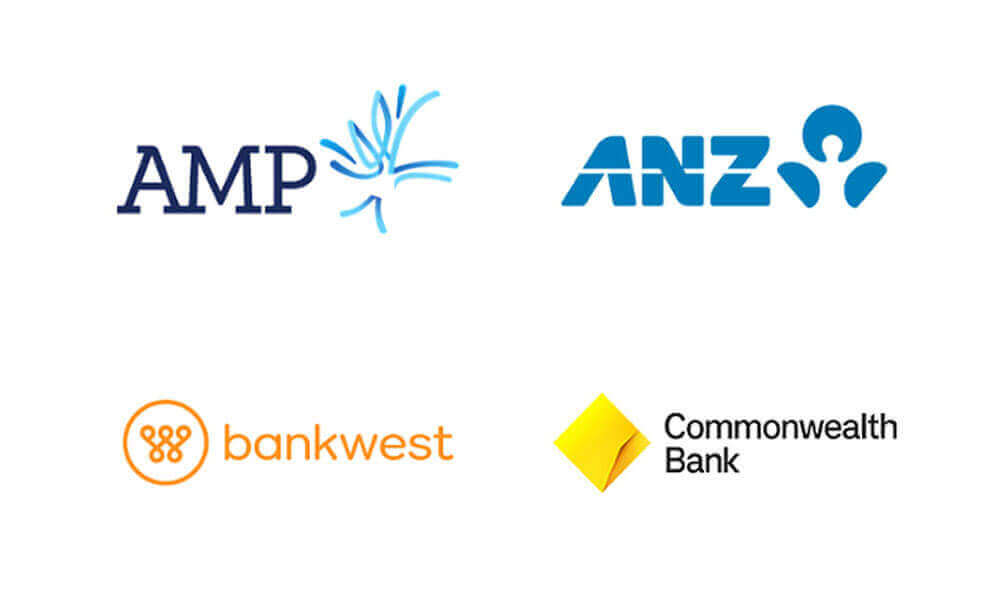
Exit costs when refinancing
Refinancing can be a great way to save money if you believe you are paying…

Preparing to purchase a home begins with saving for the deposit. While it may appear daunting, developing a solid strategy can help you achieve this goal.


Here are several considerations that can help you get started and on track for home ownership sooner than you might expect.
Check your current financial situation
Understanding your financial situation is crucial for setting a realistic budget. Here are key areas to consider:
• What you earn: Your paychecks or other income
• What you spend: Bills, groceries, fun stuff—where does your money go each month?
• Your debts: Loans or credit cards you’re paying off
• What you own: Savings or things you could sell if needed
Understanding these aspects of your finances allows you to determine how much you can save each month towards your new home.
How much can you borrow?
Having a clear understanding of the amount you can borrow, based on your current financial situation, will help you estimate how much you’ll need to save for your home deposit. However, it’s important to remember that there are additional costs associated with buying a house, such as stamp duty and conveyancing fees, which should also be factored into your savings goal.
To figure out the deposit you need to save, consider:
• The price of the house you want
• Plus any extra fees and charges
• Minus the amount you can borrow
If you’re unsure about these financial figures, I’m here to assist you. As your 1st Street Mortgage Broker, I can collaborate with you to assess your financial circumstances and determine how much you can comfortably borrow.
This process will provide clarity on your borrowing capacity and guide your savings plan for achieving your home ownership goals. Feel free to reach out for personalised guidance and support.
Set your savings target
Here’s what you’re aiming for:
• 20% of the home’s price
• Extra money for other house-buying costs like lawyer fees, checks on the house, taxes, moving, and insurance
While some places may allow you to buy with just a 5% deposit, saving a larger deposit is generally beneficial. A larger deposit means borrowing less, which demonstrates financial responsibility to banks and can increase the likelihood of loan approval.
Government help? Yes, please!
If you’re buying your first home, you may qualify for the following:
These benefits can significantly boost your savings by providing financial assistance and reducing costs when purchasing your first home.
Government programs may offer grants, discounts, and tax breaks, which means you have more cash upfront and pay less over time.
How long will you be saving for?
Once you have an idea of how much you can save each month and the amount you’re able to borrow, you can begin estimating the timeframe needed to save for your deposit.
Check out this handy savings goal calculator to find out:
As you approach your savings goals, it’s a good idea to seek pre-approval from a lender. Pre-approval means that a lender has tentatively agreed to provide you with financing for purchasing a home, giving you a clear understanding of what you can afford before making a final decision.
Start saving!
Now that you have your plan in place, it’s time to focus on saving. Creating a budget will help you identify areas where you can save more effectively. Setting up automatic transfers to your savings account ensures that you consistently set aside money for your deposit. If purchasing a house isn’t imminent, consider investing to potentially grow your savings over time.
Saving for a deposit is a significant goal, but with careful planning and guidance, you can achieve it. As your 1st Street Mortgage Broker, I’m here to support you on this exciting journey towards home ownership. Reach out today to start making your dream of owning a home a reality.

Refinancing can be a great way to save money if you believe you are paying…

Redraw facilities and offset accounts work in a similar way – they both effectively allow…
Yes, that’s right. You pay zero, zip, nada.
1st Street’s premium service comes at no cost to you! 1st Street is paid by the lender when your loan settles, however, this will not affect your interest rate or loan fees! It is often more cost-effective for a mortgage broker to process a loan rather than the lenders processing it themselves in-house. In fact, we often find that we can save you money by negotiating on your behalf.
Use our online calculators to work out how much you can borrow, loan repayments, stamp duty and lots more.






